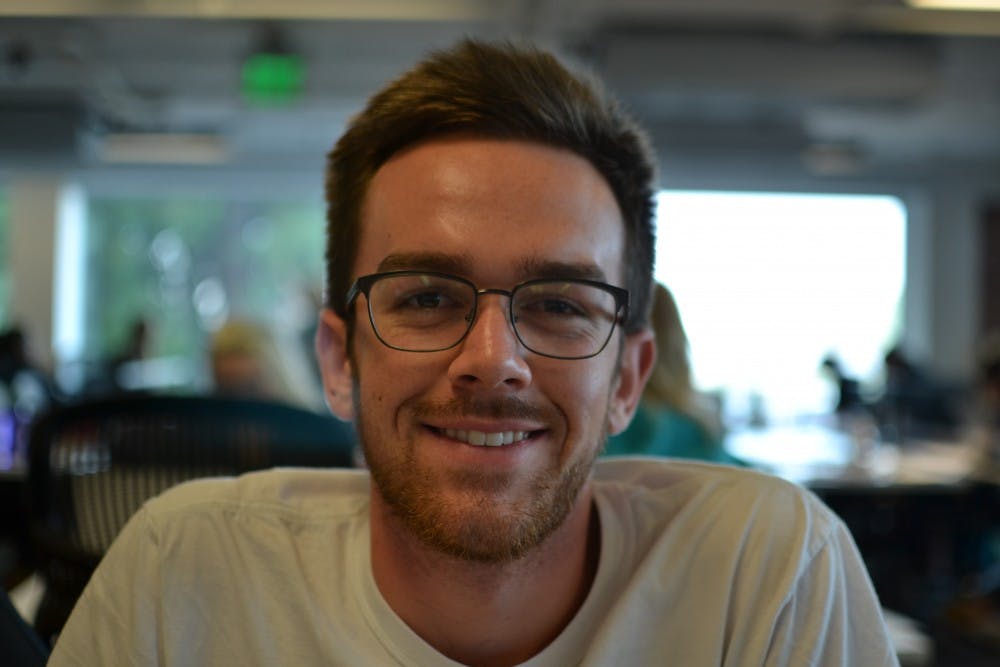Guest Commentary by Dylan Vahradian |
I turned to a friend the other day, as fellow UP students set up posters and roses around the library preparing for a week of Holocaust Remembrance, and explained the irony of a week of remembrance for the Jews nearly 100 years to the day after the beginning of the Armenian Genocide.
“The what?”
I have gotten this response my whole life: the what, the who, the where, the when. Beginning April 24, 1915, 1.5 million dead.
A culture nearly extinct, a people decimated, and “Who does now remember the Armenians?”
The words spoken by Adolf Hitler, though in an attempt to garner support for his own genocide, sadly are true.
Who does now remember the Armenians? I do. My grandfather, Hovsep, whose mother, Armenouhi, and father, Miran, managed to escape and flee to the United States, does.
I do not write this to condemn the Holocaust Remembrance, but instead to bring light to a tragedy that has gone unrecognized for far too long. Atrocities are atrocities. There can be no number placed on suffering, no ranking of evils. A million and a half Armenians, six million Jews, eight hundred thousand Rwandans, all deserve acknowledgement and remembrance.
The Turkish government still denies the Armenian Genocide, but my ancestors tell a different story. Pope Francis says: “Concealing or denying evil is like allowing a wound to keep bleeding without bandaging it,” in response to Turkish silence.
I hope that you will all take the time to understand a story that, for too long, has gone unheard.
Dylan Vahradian is a junior Political Science, Philosophy, and Spanish major and can be reached at vahradia16@up.edu.









